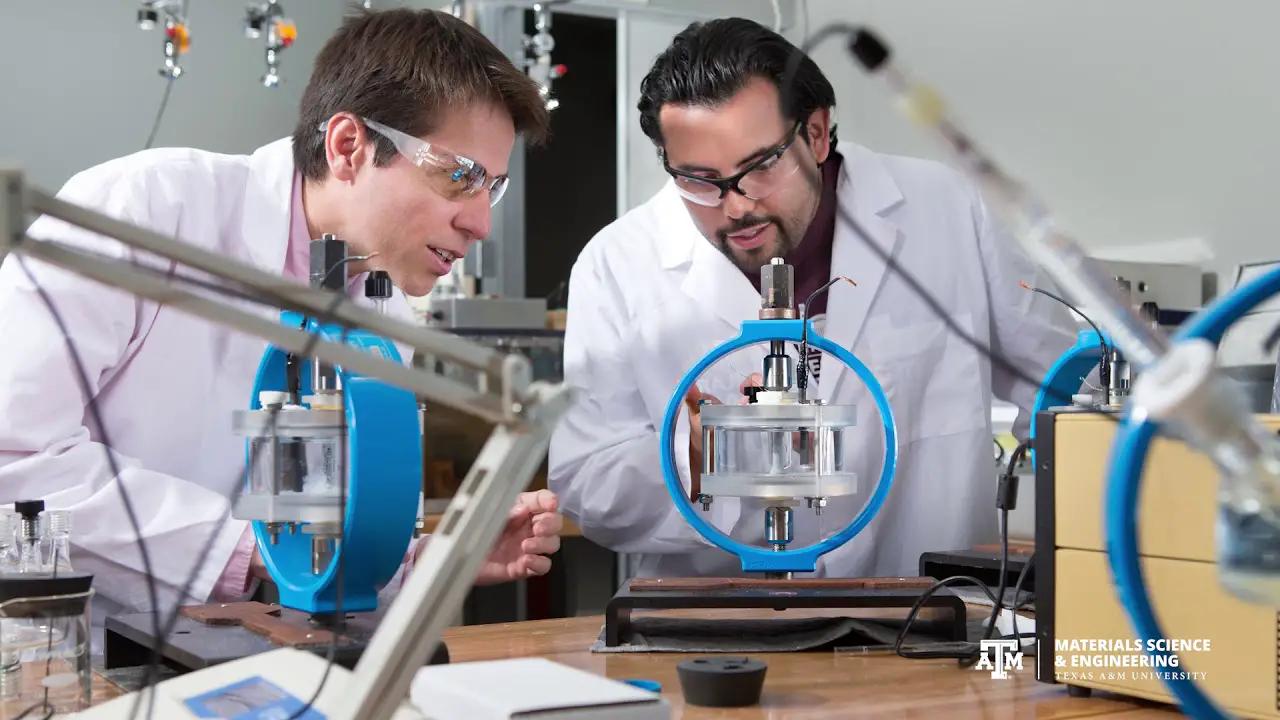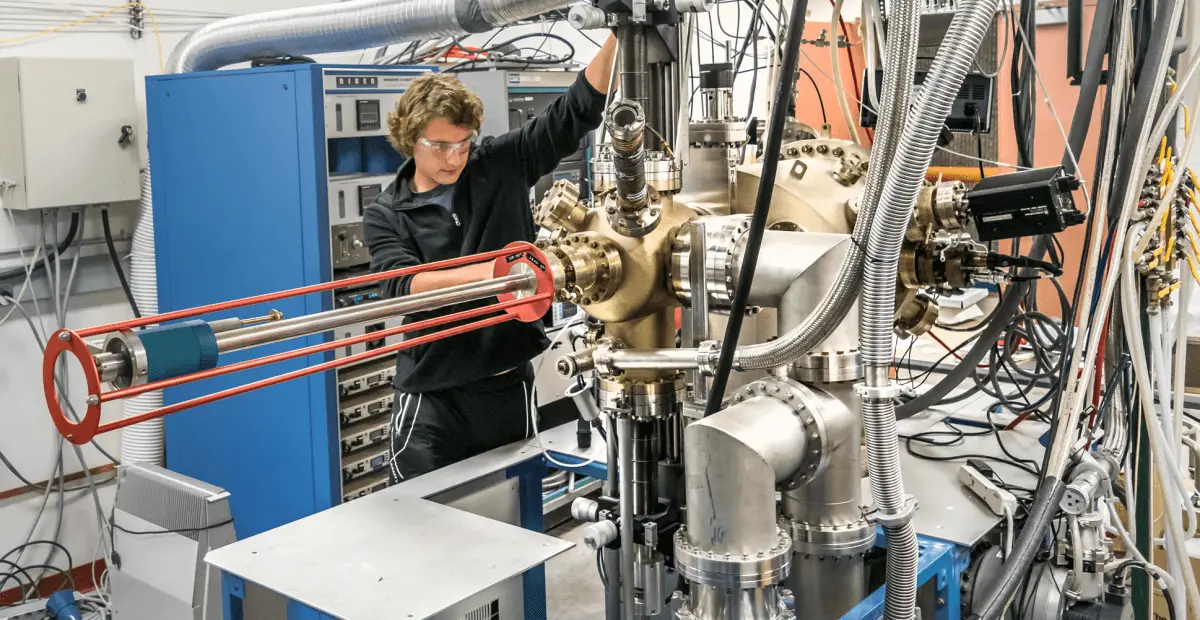
Immigrating to Canada As a Materials Engineer
Immigrating to Canada As a Materials Engineer
If you are a Materials Engineer who works in the manufacturing industry, you might be wondering if you are eligible for immigration to Canada. The good news is that this profession is on the targeted occupation list for immigration, the National Occupation Code List. That means that, if you qualify for the list, you can apply for permanent residency in Canada.

Also Read:-Immigrating to Canada As a Health and Safety Engineer
Express Entry is a faster pathway to immigrate to Canada as a Materials Engineer
If you’re a Materials Engineer and looking to immigrate to Canada, Express Entry may be a good choice for you. Express Entry uses a National Occupational Classification (NOC) matrix to assign points to various occupations. Selecting the correct NOC code can boost your score.
You can also apply for the Federal Skilled Worker (FSW) program. If you qualify for the program, you will be invited to work in Canada. If your work experience is in a skilled trade, you can apply for permanent residency under the Federal Skilled Worker program.
Express Entry has been used in Canada since 2015. This system works by calculating the skills of an ideal applicant. It requires applicants to present proof of their work experience and English and French skills. You will also need to provide reference letters from employers. A medical examination is also required.
Express Entry can be an excellent option for a Materials Engineer looking for immigration to Canada. There are over 100 skilled worker immigration pathways available to Canadians, each of which has its advantages and disadvantages. While Express Entry is free to join, it does not guarantee you a place in a Canadian immigration program. The provinces also select candidates directly from the Express Entry pool.
Once you receive your Invitation to Apply, you must submit your application for permanent residence within 60 days. If you miss this deadline, your application may be rejected. You can re-submit your profile if you are still eligible. Express Entry has its strengths and its limitations, so make sure you know what you are getting yourself into before submitting your application.
If you are married, you can also submit your application under your spouse’s name, if you are eligible for this. However, one person cannot have more than one Express Entry profile. The federal government will review your application and make the final decision on your application for permanent residence.
If you are currently ineligible for Express Entry, you can take various steps to change your status. First, you must identify the reason for your ineligibility. Then, you must address it. This will improve your chances of getting in.
As the Canadian economy grows, so does the demand for qualified engineers. These professionals shape the future of manufacturing, information technology, and infrastructure. So, if you’re an engineer who’s qualified to work in Canada, you can take advantage of the immigration programs that are designed for engineers to immigrate to Canada.
You must have completed secondary education. If you completed secondary school outside of Canada, you must have a diploma, certificate, or degree of the highest level. You will also need to submit transcripts of your studies to prove your qualifications.

Metallurgical engineer earns points on Express Entry Comprehensive Ranking System
The Express Entry Comprehensive Ranking System (CRS) is used by the IRCC to select eligible candidates. A metallurgical engineer needs to meet certain requirements to be eligible for this visa. These include a reasonable CRS score and the 67 immigration points threshold. Upon meeting these requirements, a metallurgical engineer can then apply for a Canadian immigration visa through the Federal Skilled Worker program. Applicants must also meet certain requirements in their home country, including having the appropriate qualifications, such as a bachelor’s degree.
There are two main pathways to immigrating to Canada for metallurgical engineers. The first is through the Express Entry Comprehensive Ranking System (CRS), while the second is the Provincial Nominee Program (PNP). To apply to either program, a metallurgical engineer must first create a profile on Express Entry. If applying through the PNP, an applicant must contact a province or territory to request a nomination. If approved, an invitation to apply for Canada’s Permanent Residency will be sent to the applicant. Then, applicants must submit supporting documents.
Metallurgical engineers are in high demand in Canada. The Canadian government has included them in its list of targeted occupations. If you’ve studied these fields, you’ll know that there is a lot of opportunity for you to apply to Canada. This country enjoys a high standard of living and is actively seeking highly qualified professionals.
Metallurgical engineers can expect to earn anywhere from $30 to $65 per hour. On average, a metallurgical engineer can expect to make up to $100,000 CAD per year. This salary is competitive with those in other parts of the world and makes Canada an attractive place to live.
Applicants can earn CRS points based on a variety of factors. A high CRS score increases a candidate’s chances of receiving an invitation to apply to a Canadian immigration program. The CRS points are calculated based on four factors. Core or human capital factors are worth up to 500 points. The age factor earns up to 100 points. The points decrease for candidates over the age of thirty.

Salary of a materials engineer in Canada
If you are interested in working as a materials engineer, you may want to consider immigrating to Canada. Materials Engineers are highly sought after across the country. As such, the Canadian government has included them on its list of targeted occupations, also known as the National Occupation Code. While these engineers may have a tough time securing a Canadian Visa, they do have some options.
A Materials Engineer in Canada earns an average salary of $124,556 CAD per year. That works out to about $60 an hour. This is 3% higher than the average salary in Canada. Entry-level engineers earn about $89,490, while senior materials engineers can earn up to $158,459 annually. This salary is expected to increase by 10% over the next five years.
The salary of a materials engineer in Canada varies based on the region of the country. In general, salaries are higher in booming industries. In addition, bonus figures tend to fluctuate regularly. Materials engineers are considered to be moderate bonus-based jobs with limited direct revenue generation. However, the highest-paid individuals in the field are usually involved in generating revenue for other companies.
Applicants who are interested in the role of materials engineer in Canada can make the Express Entry program. The Express Entry profile can be submitted with no minimum CRS score, but applicants must ensure that their skills are verified before claiming points. In addition, once the profile is approved, the applicant can only work for up to one year.
A materials engineer usually works as a materials scientist or a materials engineer. The main difference between the two is that a materials engineer studies materials at an atomic level while a materials scientist studies materials from an applied point of view. The materials engineer will look at the properties of materials and will help manufacturing companies choose materials for their products. They are also responsible for developing relationships with vendors and other departments.

Also Read:-Immigrating to Canada As a Mining and Geological Engineer
CAREER PATHS, Changing Jobs, JOB HUNTING, Job Interview Tips




